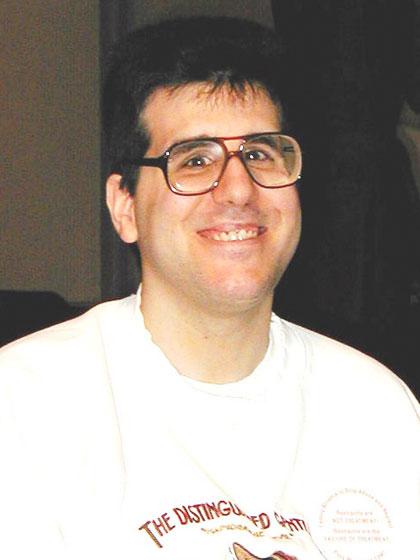Four years after New York State passed legislation to mandate oversight and accountability when developmentally disabled youngsters are sent out of state for education and treatment, the city has enacted its own legislation meant to protect some of its most vulnerable citizens.
The legislation — known as Billy’s Law after the Bay Ridge youth whose abuse at an out-of-state facility prompted his father, Vito Albanese, to commence a crusade to make sure that no other developmentally disabled youngster would suffer the same way — was passed by the City Council at its October 14th meeting, and was expected to be signed into law by Mayor Michael Bloomberg as this paper went to press.
The city’s law will mandate that the Department of Education (DOE) report regularly to the City Council and to parents of special needs students on the out-of-state institutions to which the students are sent. Currently, almost 300 city students are sent out of state for treatment and education.
The goal, said City Councilmember Vincent Gentile, who sponsored the legislation, is to prevent abuse and neglect such as that experienced by Billy Albanese.
“When our children are outside our borders %u2013 when they’re out of sight %u2013 they will no longer be out of mind,” Gentile noted before the vote. “Our local Billy’s Law brings important information home so that some of our most vulnerable %u2013 special needs children %u2013 are protected by this city even when they’re hundreds of miles away.”
To that end, the new law requires that biannual reports include information on any enforcement action taken against a facility in which New York City children have been placed, and the outcome of any investigations into alleged abuse and neglect of children placed there, as well as general information such asthe names and locations of all out-of-state facilities in which New York City children are placed, the number of city children placed there, and information on the general population served by the facility as well as the types of services and therapies provided.
DOE must also report on the total amount spent annually to provide services to children at each out-of-state facility and the number of children discharged from each facility annually, including information on the facilities to which they are moved.
The legislation is needed, said Billy’s father. “I believe it’s another layer of protection for city kids,” Albanese told this paper.
“Those who can’t speak or advocate for themselves require our highest standards of planning and oversight,” he contended. “It’s time to be proactive rather than reactive in solving their needs for education and special care.
“This is the beginning of the process,” Albanese went on. “I believe New York will take a leadership role in enacting protective legislation that will make this state and city a national model and leader in the disabilities field.”
Gentile has been working on a version of Billy’s Law since 2000, when, as a state senator, partnering with Assemblymember Joan Millman, he introduced the bill in the state legislature. That bill was taken up by State Senator Marty Golden, who succeeded Gentile, and became law in 2005.
The state version of Billy’s Law requires both increased oversight over the care of New York residents placed in out-of-state facilities and an effort by the state to increase the capacity and viability of New York’s own institutions, in order to bring those developmentally disabled students sent out of state back to New York, and close to their families and their communities.

























